Arduino Go GIGA with their Latest Release
Arduino, the open-source electronics platform that has revolutionized the way people learn and create projects, has launched a new board called the Arduino GIGA R1 WiFi. The board brings the STM32H7 dual-core Cortex-M7/M4 microcontroller found in the Portenta H7 boards to the larger Arduino Mega/Due form factor with up to 76 GPIO pins. The board is ideal for applications such as robotics, IoT, music, computer vision, and projects requiring real-time processing, such as motor control.
The Arduino GIGA R1 WiFi board is equipped with a WiFi 4/Bluetooth 5.1 module, an audio jack, a USB Type-C port for programming, a USB 2.0 Type-A host port, and connectors for a camera and a display. It has a powerful microcontroller, the STMicro STM32H747XI Cortex-M7 @ 480 MHz + M4 @ 200 MHz MCU, with 2MB dual-bank Flash memory, 1 MB RAM, and a Chrom-ART graphical hardware accelerator. It also has 8MB SDRAM and 16MB QSPI NOR flash. The board's dimensions are 101 x 53 mm - the same form factor as the Mega and Due, making it closer to a drop-in for the latter as the Due and Giga both have 3.3v tolerance on their pins.
The connectivity options for the board include 2.4GHz WiFi 802.11b/g/n up to 65 Mbps and Bluetooth 5.1 BR/EDR/LE via Murata 1DX module. The display is a 20-pin header (J5), and the camera is a 20-pin Arducam camera header (J6). There is a 3.5mm audio jack, and the I/Os are the same layout as the Arduino Mega, but with up to 76x I/O pins: 4x UART, 3x I2C, 2x SPI, 12x PWM, up to 12x analog inputs, 2x DAC, CAN Bus, VRTC (to power the RTC) & OFF (to power down the board) pins, 3.3V operating voltage, and 8mA per I/O pin.
You can program the Giga using the Arduino IDE, or Micropython - or, interestingly, both simultaneously by running different types of code on each core - and there is a JTAG connector for debugging. Perhaps unsurprisingly, for a board focused so heavily on I/O, there aren't onboard sensors as you find in some of the smaller Arduino boards, but an onboard RGB LED is perfect for user feedback, and the Giga can run on anything from 6 to 24V when powered via the VIN pin. The inclusion of the Audio jack and USB type-A port is notable here, as it really points to the Arduino Giga being the first "not pro" board Arduino has released that would work for kiosks, interactive installations - perhaps even synthesizer design.
The Arduino GIGA R1 WiFi board is available for $72.82 on the Arduino store. It is an excellent option for creating projects requiring real-time processing, IoT, robotics, music, or computer vision. The board has plenty of I/Os, WiFi & Bluetooth connectivity and a powerful microcontroller, making it an excellent choice for makers, engineers, and hobbyists alike.




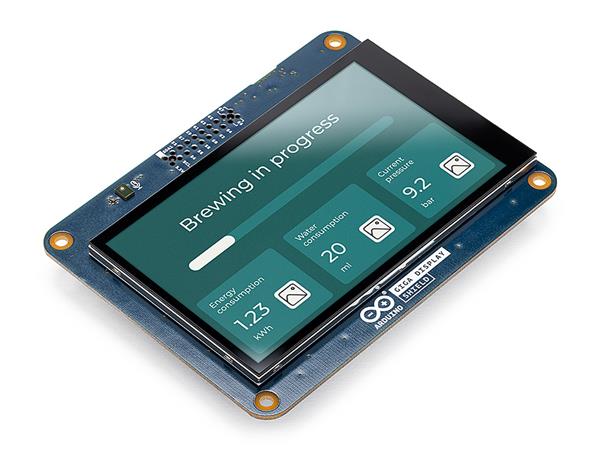
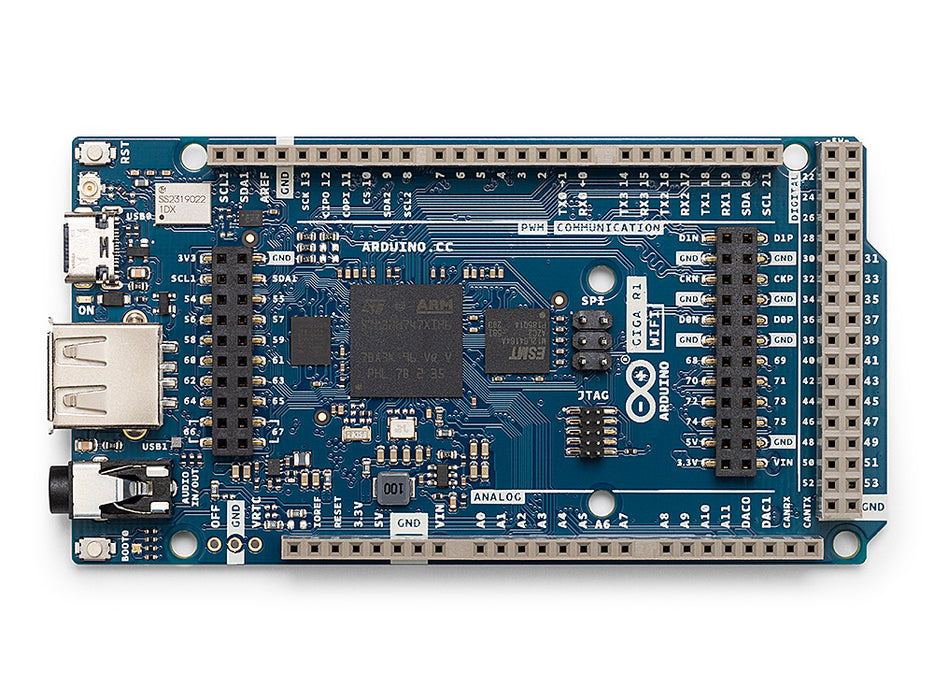
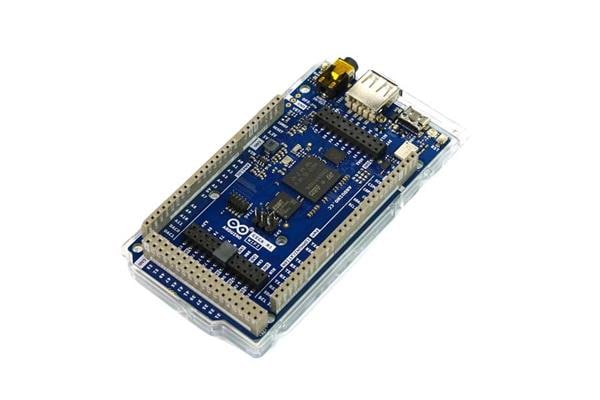
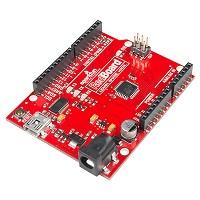
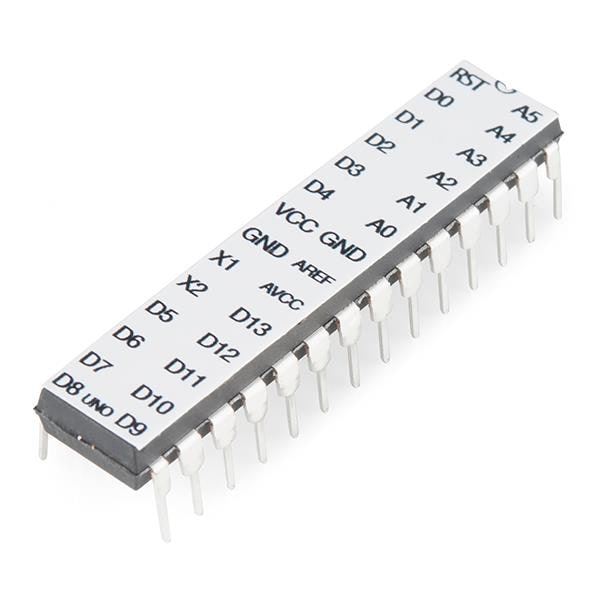
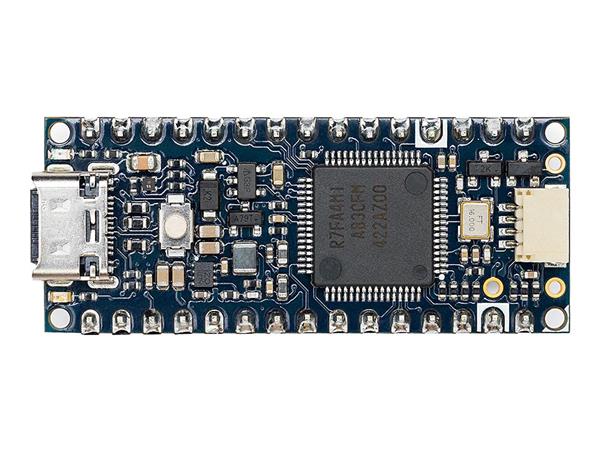


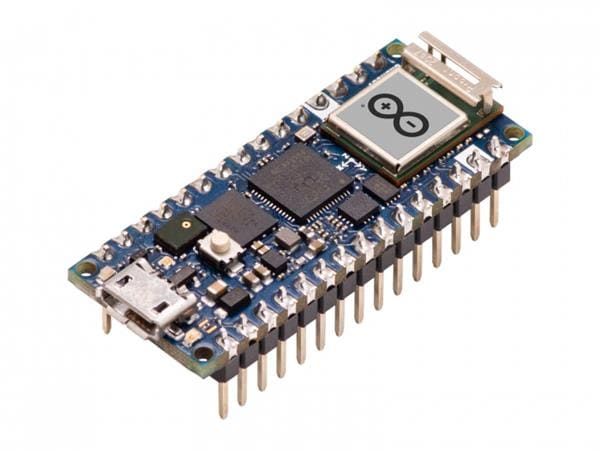
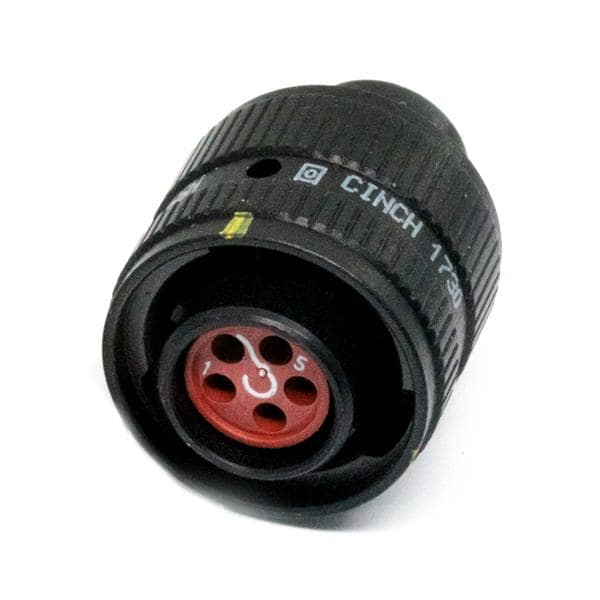
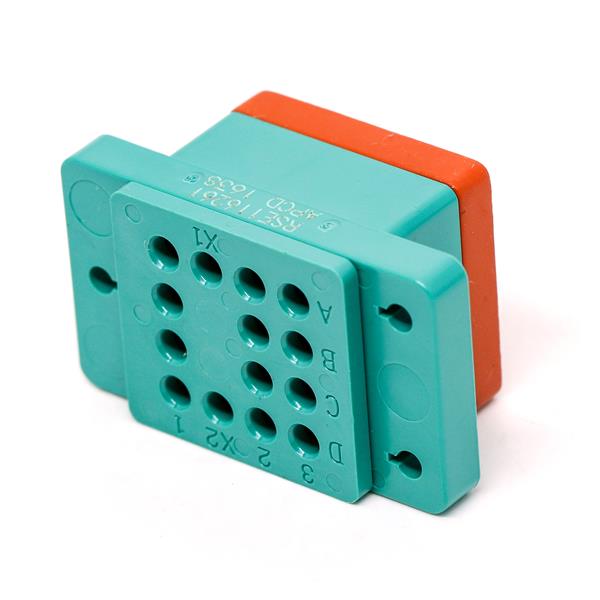
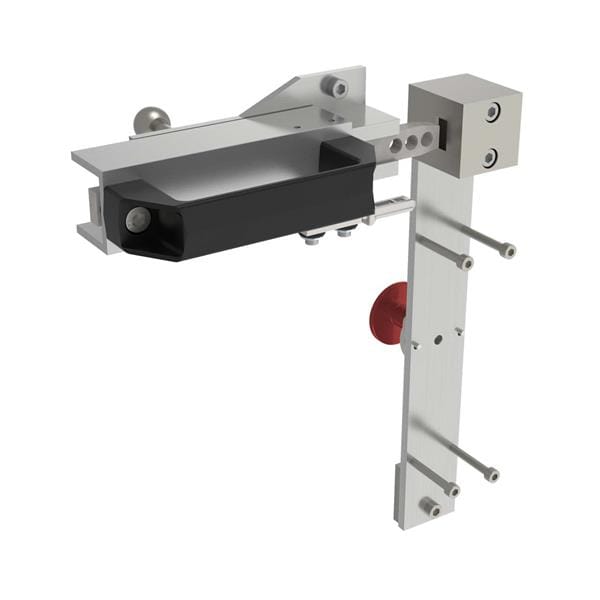
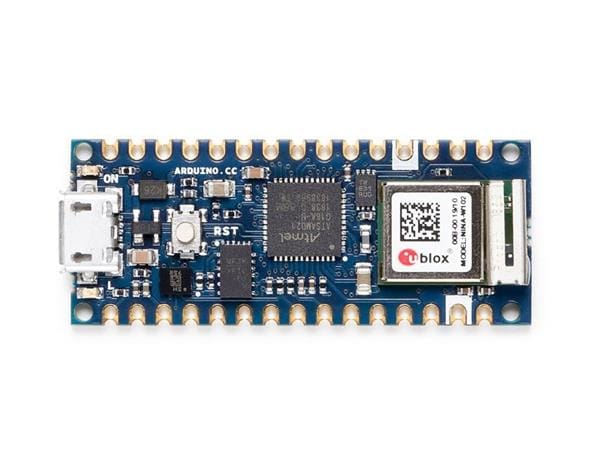
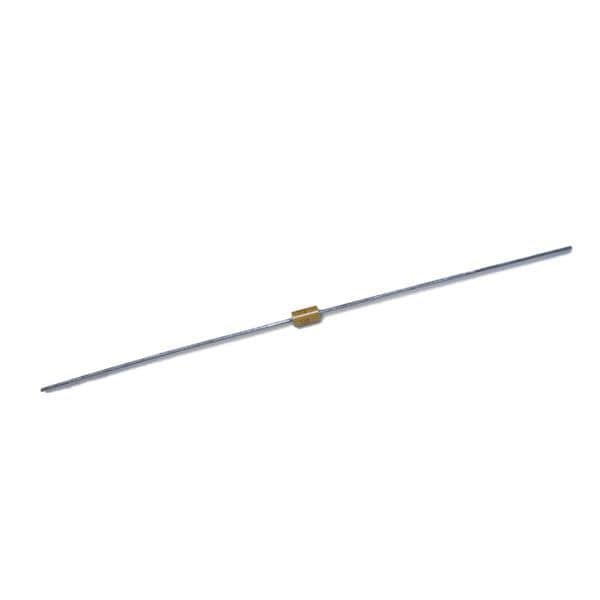

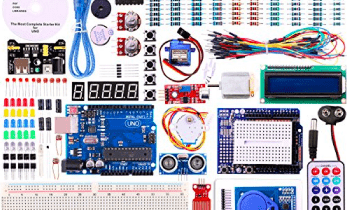
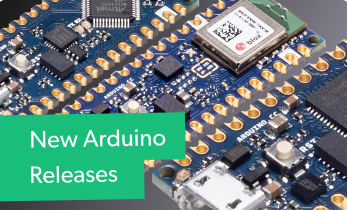
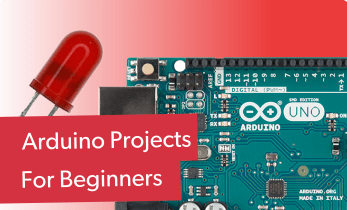

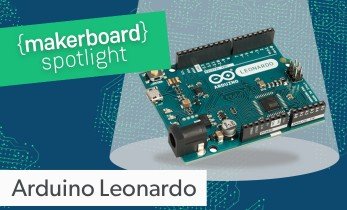
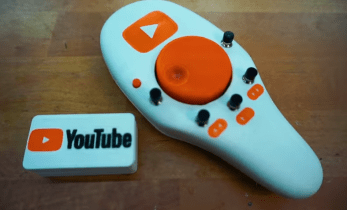
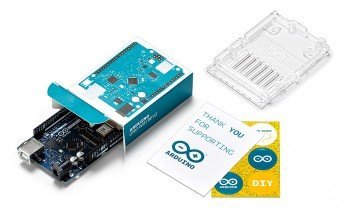
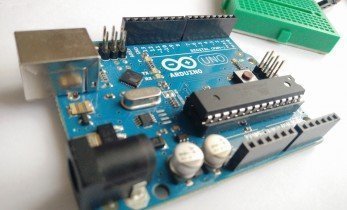

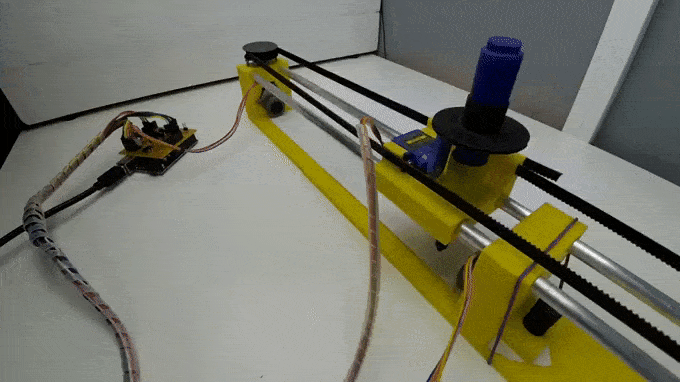


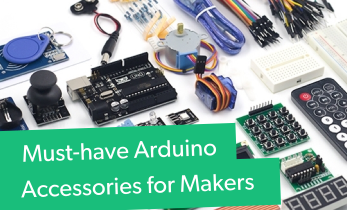


Leave your feedback...